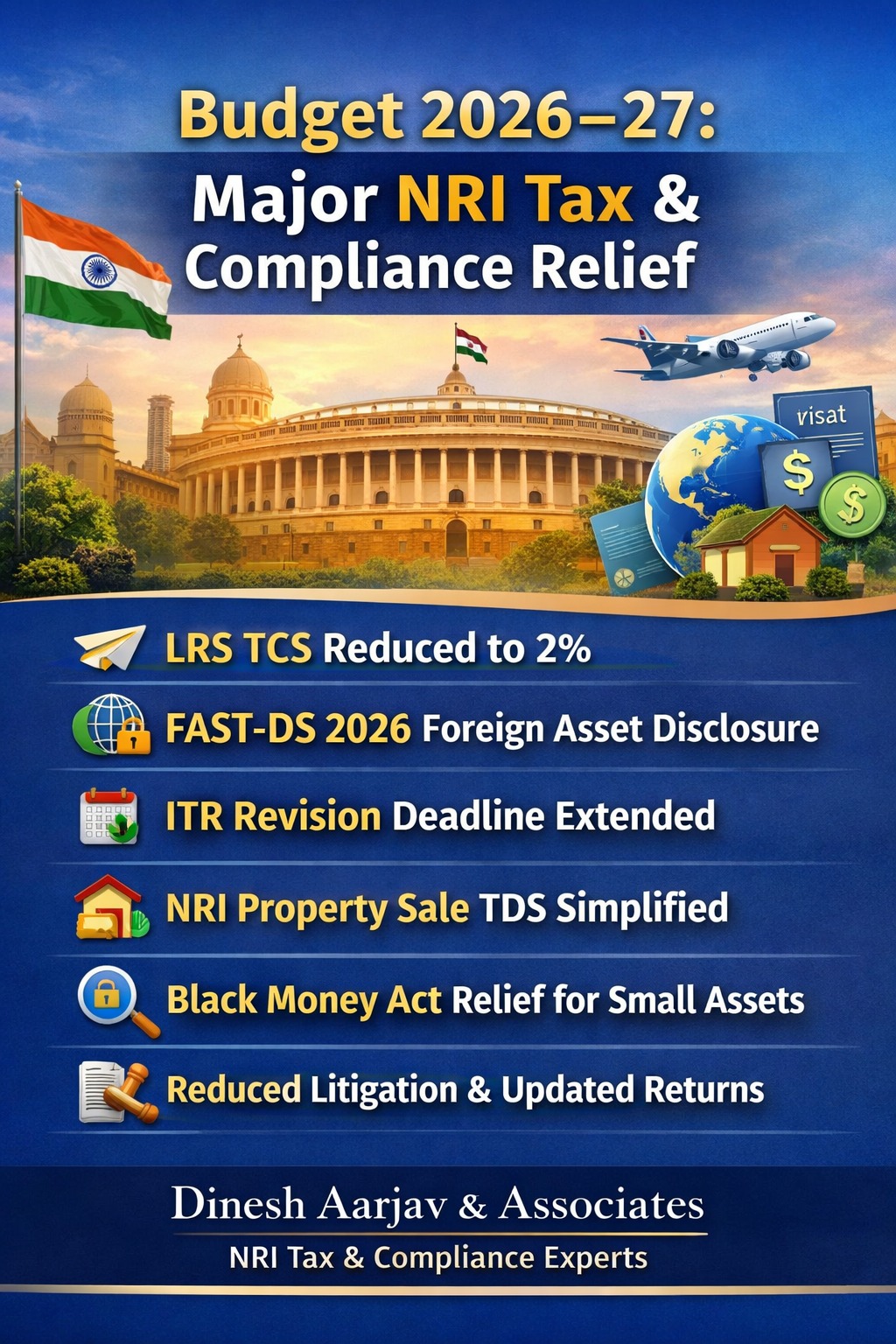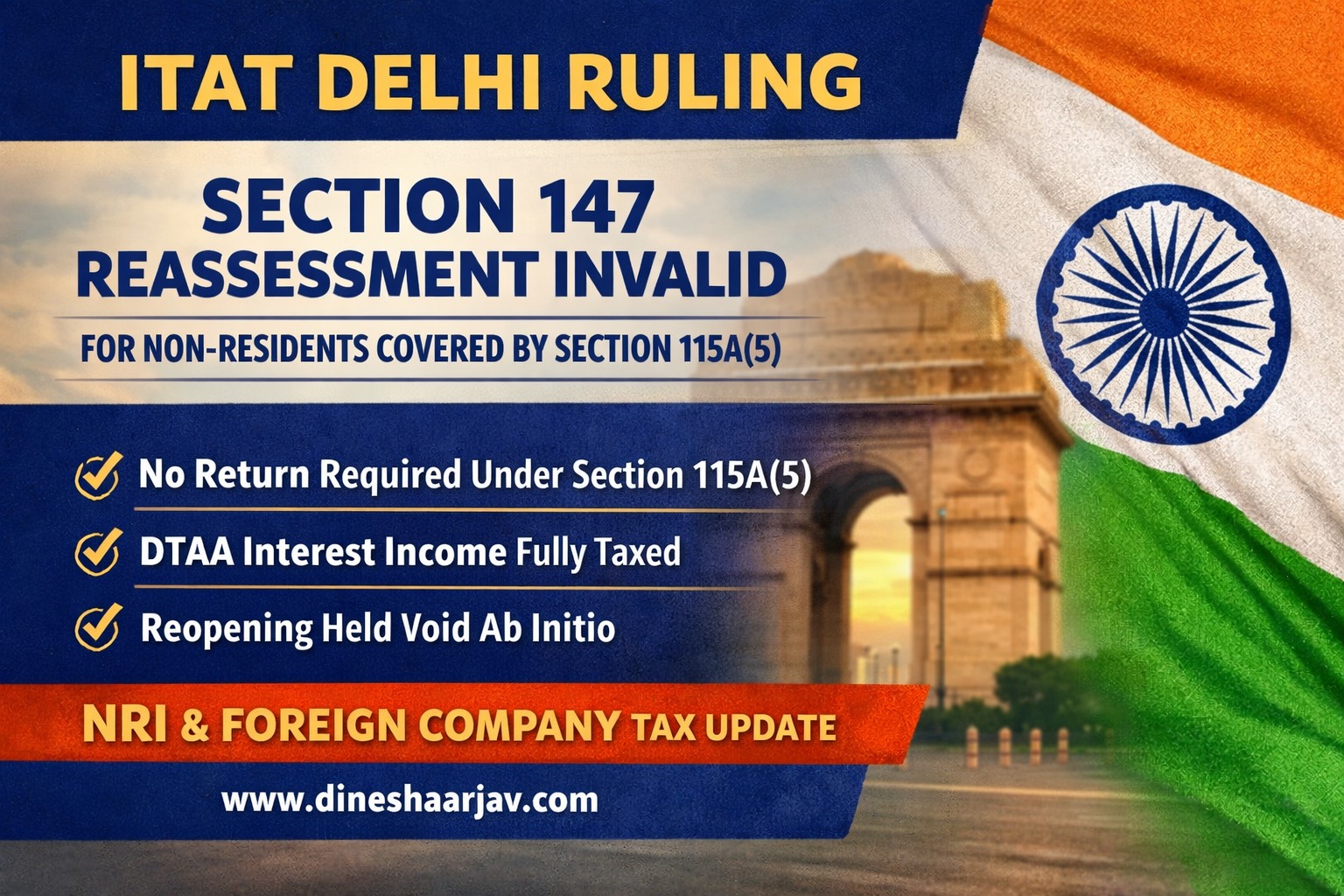 WhatsApp
WhatsApp
 Call Us
Call Us
 Email Us
Email Us
 Whatsapp Community
Whatsapp Community

As an NRI (Non-Resident Indian) who owns property in India and has leased it out, understanding the legalities of property leasing is crucial. While leasing agreements are a common method of renting out property, a leave and licence agreement can offer more benefits and protection. Here’s why a licence agreement is often a better choice for NRIs compared to a traditional rent agreement:
Under a leave and licence agreement, the landlord retains the right to enter and use the property. The licensee (tenant) cannot contest this access. This means that as an NRI, you maintain control over your property, and the arrangement does not grant exclusive possession to the tenant.
In contrast, a rent agreement gives the tenant full possession of the property for the duration of the lease. This can limit your control over the property and make it harder to access or inspect if you are not physically present in India.
For clarity and to avoid legal misunderstandings, it is important to use precise terminology. In a leave and licence agreement, the terms used are "licensor" and "licensee" rather than "landlord" and "tenant." This distinction helps in clearly indicating that the possession is not exclusive.
Using terms like "landlord" and "tenant" can imply exclusive possession and may lead to disputes about the rights over the property.
A key feature of the leave and licence agreement is the inclusion of a clause that states the licensor will keep one set of keys to the property. This clause explicitly indicates that the possession remains with the landlord, reducing the risk of the tenant claiming adverse possession.
In a rent agreement, the tenant is typically given full possession without such stipulations, potentially complicating matters if a dispute arises.
In a leave and licence agreement, the concept of a notice period is generally irrelevant. This flexibility allows you to terminate the agreement more easily if needed, which is particularly useful if you have to manage the property remotely.
A lease or rent agreement usually requires a formal notice period to be served by either party to terminate the contract, which can be a cumbersome process for NRIs who are not present in India.
If the property is sold, a leave and licence agreement automatically ceases to exist. This provision is beneficial for NRIs who might want to sell their property without the complications of dealing with existing tenants.
A rent agreement typically continues even after the property is sold, which can complicate the sale process and transfer of ownership.
In the case of a breach of contract, a leave and licence agreement allows the licensor to file a suit for damages. This legal recourse is straightforward and provides a clear path to addressing any violations.
A lease agreement may be more rigid, and any breach often leads to lengthy legal disputes where the lease agreement terms can significantly affect the outcome.
For NRIs managing property in India, a leave and licence agreement offers greater flexibility, control, and legal clarity compared to a rent agreement. By maintaining non-exclusive possession, using clear terminology, incorporating possession clauses, offering notice period flexibility, and ensuring that the agreement ceases upon property sale, the leave and licence arrangement aligns better with the unique needs and challenges faced by NRIs. Therefore, opting for a leave and licence agreement is a prudent choice for NRIs looking to lease their property in India.







Stay in the loop, subscribe to our newsletter and unlock a world of exclusive updates, insights, and offers delivered straight to your inbox.